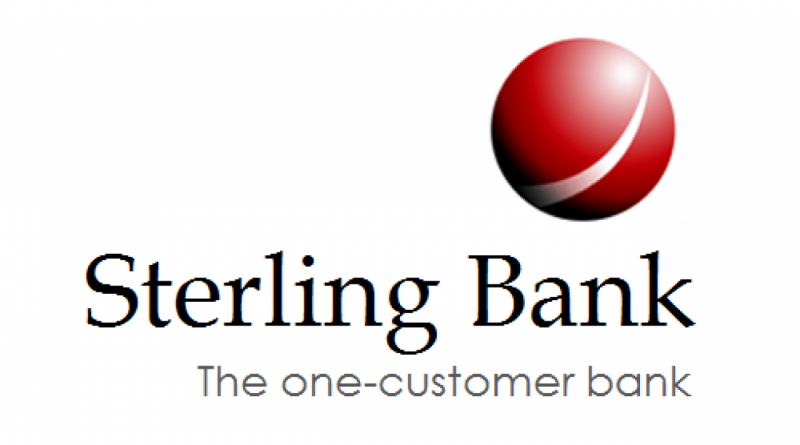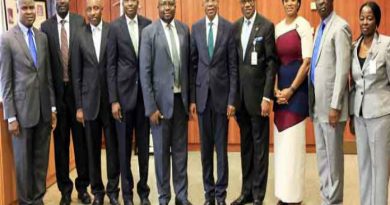Sterling Bank To Invest N5bn In Nigeria’s Tourism Development
Sterling Bank says it has set aside N5bn as an intervention fund to help grow Nigeria’s domestic tourism. This was revealed by Shina Atilola, Head of Retail and Consumers, during a conference hosted Wednesday (22 July) by Goge Africa.

While speaking on the topic “Collaboration for Tourism and Economic Development,” Atilola revealed that over the years banks in Nigeria had made high value investments in different sectors (including oil & gas) of the economy, of which they knew little or nothing about, and lost a lot of money in the process.
“We got our fingers burnt,” he said while explaining the bank’s increasing interest in the tourism industry. “We already have the support and approval of management to do this. And that’s why we have been part of several meetings being hosted by different stakeholders in tourism. We want to know more about it; and we have also commissioned our own studies into understanding the industry better.”
Atilola told the meeting that to make Nigeria a proper tourist destination, it was important to tackle the country’s misguided perception abroad through a holistic branding and communication management overhaul. He also stressed the need to do a whole lot more with the digital space and virtual reality infrastructure.
“What good thing about Nigeria do we want to project on the web?” he asked. “How are we projecting our food and culture to the rest of the world?”
He wrapped up his talk with encouraging industry stakeholders to collaborate more as they hope to achieve their goals.

Also speaking at the conference (which focused on Cross-Sectoral Collaboration for Tourism and Economic Development), another speaker Alexander Nwuba — President of the Aircraft Owners and Pilots Association of Nigeria – said Nigeria presents many opportunities for developing and harnessing the benefits domestic tourism.
Backing up his argument with statistics produced by an arm of the United Nations, he said Nigeria is not the worst country in the world where kidnappings, theft and robberies are concerned.
Nigeria, the charts show, falls far behind The US, France, Cameroon, South Africa, Egypt and Ghana in these three considerations. What Nigeria lacked, he pointed out, was the requisite perception management.
Nwuba listed the endless opportunities in the country’s tourism to include: eco-tourism, bleisure (business and leisure) travel, culture and food, health and organic foods, spa and wellness, and religious tourism, among several others.
“Government should lead the charge,” he said. “And we have to ensure that when people visit local destinations, they stay longer in those places and spend more by so doing.”
Nigerians in the Diaspora also joined the conversation, highlighting multiple areas they are interested in investing in. Represented by Arc Raphael Eluemuno Ajalie (Co-Founder Reocomm Group/Foundation) and Monica Grant (CEO, Young Boss Media), the Nigerians abroad say they are keenly interested in aviation and projecting a better image of the country through a network of media outlets overseas.
Osun-Osogbo Grove (one of two UNESCO World heritage Sites in Nigeria, and a religious and cultural destination (Image courtesy of The Adunni Olorisa Trust)
In her contribution, Nneka Isaac-Moses made the point that Nigeria needed its world-renowned movie industry (aka Nollywood) to support the campaign to grow the country’s domestic tourism.
“If we waited for government, we (Goge Africa) won’t be where we are today. And we are still not waiting for government,” she said. “It looks like everybody is ready. The atmosphere is charged and we won’t let the fire go out.”
Goge Africa was founded in 1999 by Isaac and nneka Moses “with aim of promoting African culture, music, food and her ways of life through television, radio and magazines”.
Credit: The Daily Report NG




